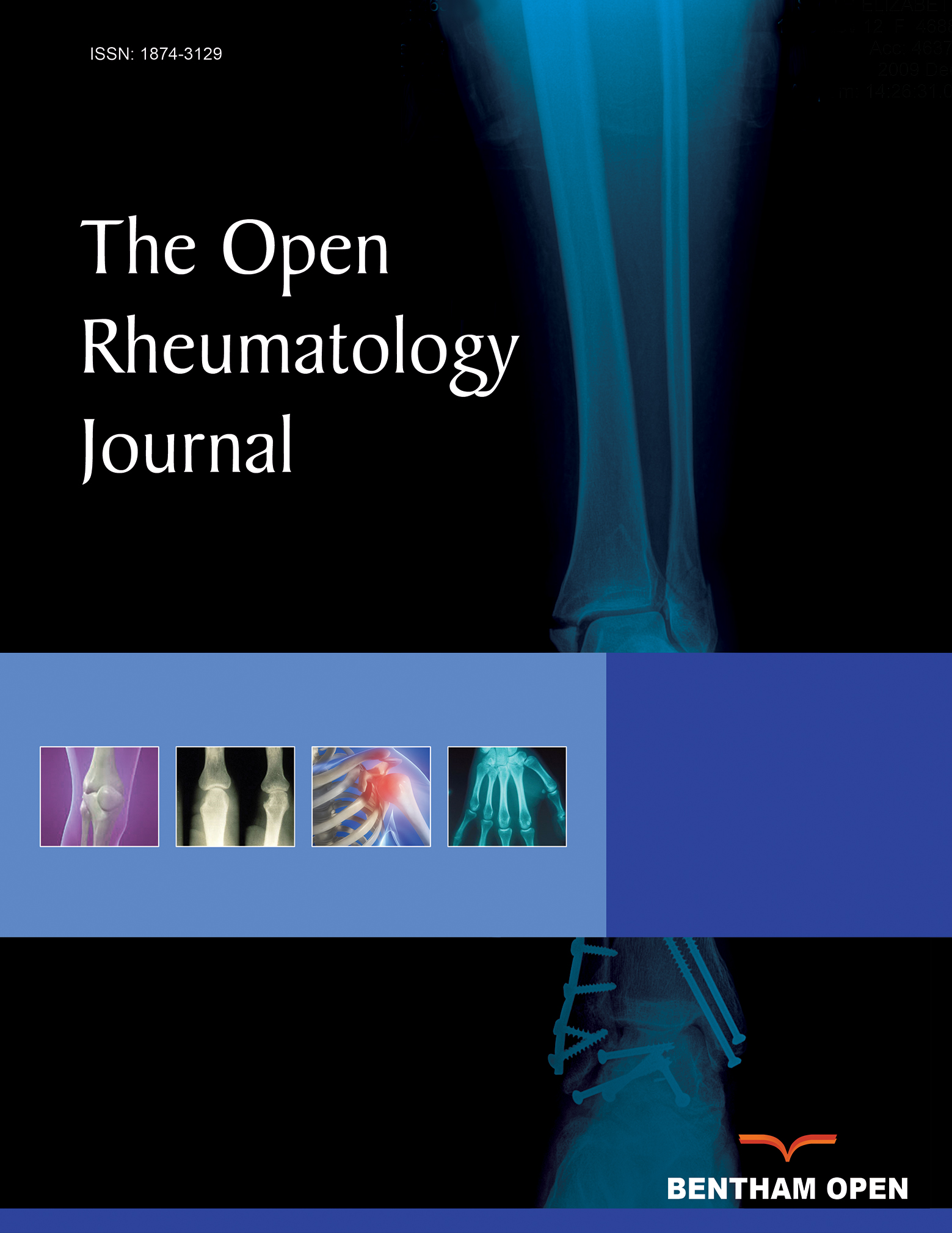All published articles of this journal are available on ScienceDirect.
Resilience and Treatment Adhesion in Patients with Systemic Lupus Erythematosus
Abstract
Background:
Systemic Lupus Erythematosus (SLE) is a chronic autoimmune, rheumatic inflammatory disease that can cause significant morbidity with evident psychological impacts and obvious harm to quality-of-life that require the patient to adapt treatment.
Objective:
Assessment of resilience and the self-reported treatment adhesion behaviors of patients with SLE, investigating which of these factors are associated to resilience.
Method:
Cross-sectional study of 40 women with SLE. A questionnaire with social demographic data, health history and the Wagnild Young Resilience Scale were used.
Results:
62.5% followed the medical treatment properly but 55% found it difficult. 27.5% of the patients presented low resilience, 57.5% medium and 15% high resilience. Resilience was associated in the chi-square test (p-value < 0.05) with the variables work, understanding SLE, trying to find out about SLE, following the treatment correctly, difficulty in following the treatment and stopping some activity because of the disease. In the correlation analysis, resilience was associated with age (-0.3960), number of working hours (0.5533), specialized treatment duration (-0.8103) and disease duration from diagnosis (-0.8014).
Conclusion:
Patients with high resilience tended to follow treatment correctly, tried to understand the disease and adhered more to the treatment to avoid risks and promote protection factors. Therefore knowledge of resilience in patients with SLE is necessary. It is important that the state takes necessary actions to facilitate access to treatment, to educational programs and to medical support. Awareness and counselling sessions must be initiated to develop and promote individual capacities to learn how to tackle with the disease for which psychological support of family and doctors can play a significant role.


